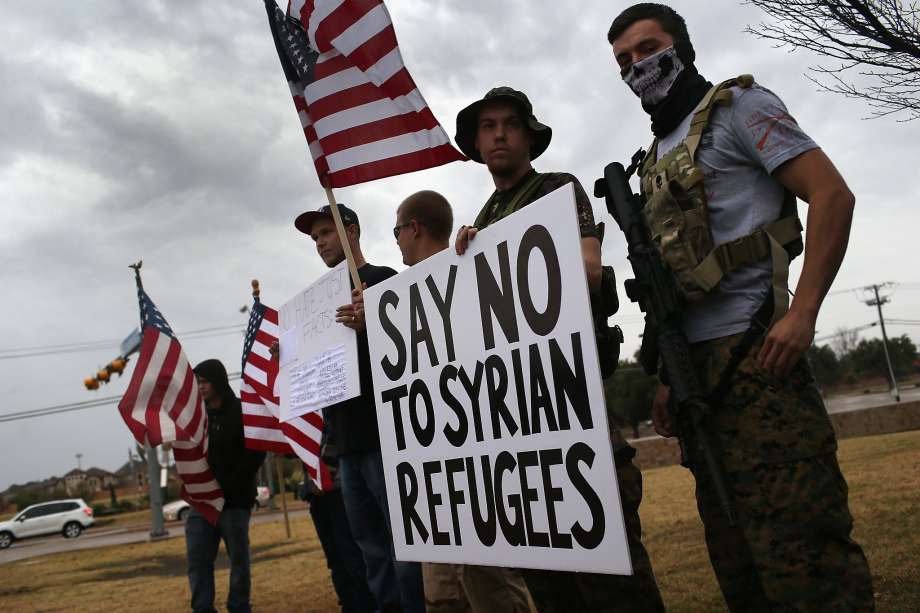
RNA - While racism against Middle Eastern Americans has reached ugly levels in our nation, the response of historically progressive Americans has been meek. Even worse, though racism is unpatriotic when viewed, for example, in the context of African American rights, Islamophobia is espoused by alleged patriots.
President-elect Donald Trump says he wants to monitor Muslim Americans, bar Middle Eastern refugees from entering our borders, and carpet bomb Islamic State-held communities, despite overwhelming civilian deaths. Indeed, this won him many votes in the presidential election.
Middle Eastern Americans are removed from U.S. airlines ostensibly for speaking Arabic on board. Muslims are attacked outside U.S. mosques. Whispers and sometimes shouts of “terrorist” follow them in their daily lives. Their ethnicity is used against them in their jobs, in the courts, in relationships, in everyday business transactions. The stereotype is that they are dangerous, hateful and backward. Ugly epithets are flung at them. Where is the community outrage?
In response, some Middle Eastern Americans become so Americanized that they lose their heritage and change their names. Others complain among friends. A minuscule and deranged fraction becomes militant.
The us-versus-them dialectic allows us to minimize and forget the pain of Middle Eastern Americans — much as Americans did for centuries with other minorities until they were forced to do otherwise. Let’s not let it to get to that.
Unlike some minorities, Middle Eastern Americans have no widespread support system. How many Persian or Arab politicians, CEOs, or entertainers can you name? Of the few that exist, how many are not so Americanized that we’re allowed to forgive their Middle Eastern culture?
The Middle East has been the target of concerted Western aggression for hundreds of years, even well into the 20th century — via CIA operations in Iran that ousted the democratically elected Prime Minister Mohammad Mosaddegh in 1953, and in recent decades with wars in Iraq and Afghanistan. With the intense support given to Israel by U.S. politicians on all sides of the political spectrum, despite the virtual concentration camp that are the Palestinian territories of the West Bank and the Gaza Strip, the West overlooks the Arab body count as much as it does the hundreds of thousands who perish in Middle Eastern nations. When Iranians boldly marched for democracy in the 2009 Green Revolution, where was Western intervention then?
Hateful policies and racism are not the answer.
Middle Eastern Americans have learned everything about American culture because it’s a matter of survival. It must become more than a luxury for Americans to learn about them.
More than just putting the onus on schools and the media, individuals must make an effort to understand Middle Eastern culture, history and religion, and no longer view such a notion as anathema.
Middle Eastern Americans must form an outspoken community against such hatred on both sides. At the same time, it is the civic and moral duty of all Americans to think of Middle Eastern Americans beyond the veiled or bearded images, beyond the anger and bloodshed we see in the Middle East. It is incumbent upon us all to oppose the role the West plays in creating hellfire in the Middle East, and to stop attacks on Middle Easterners here where they have sought refuge.
847/940